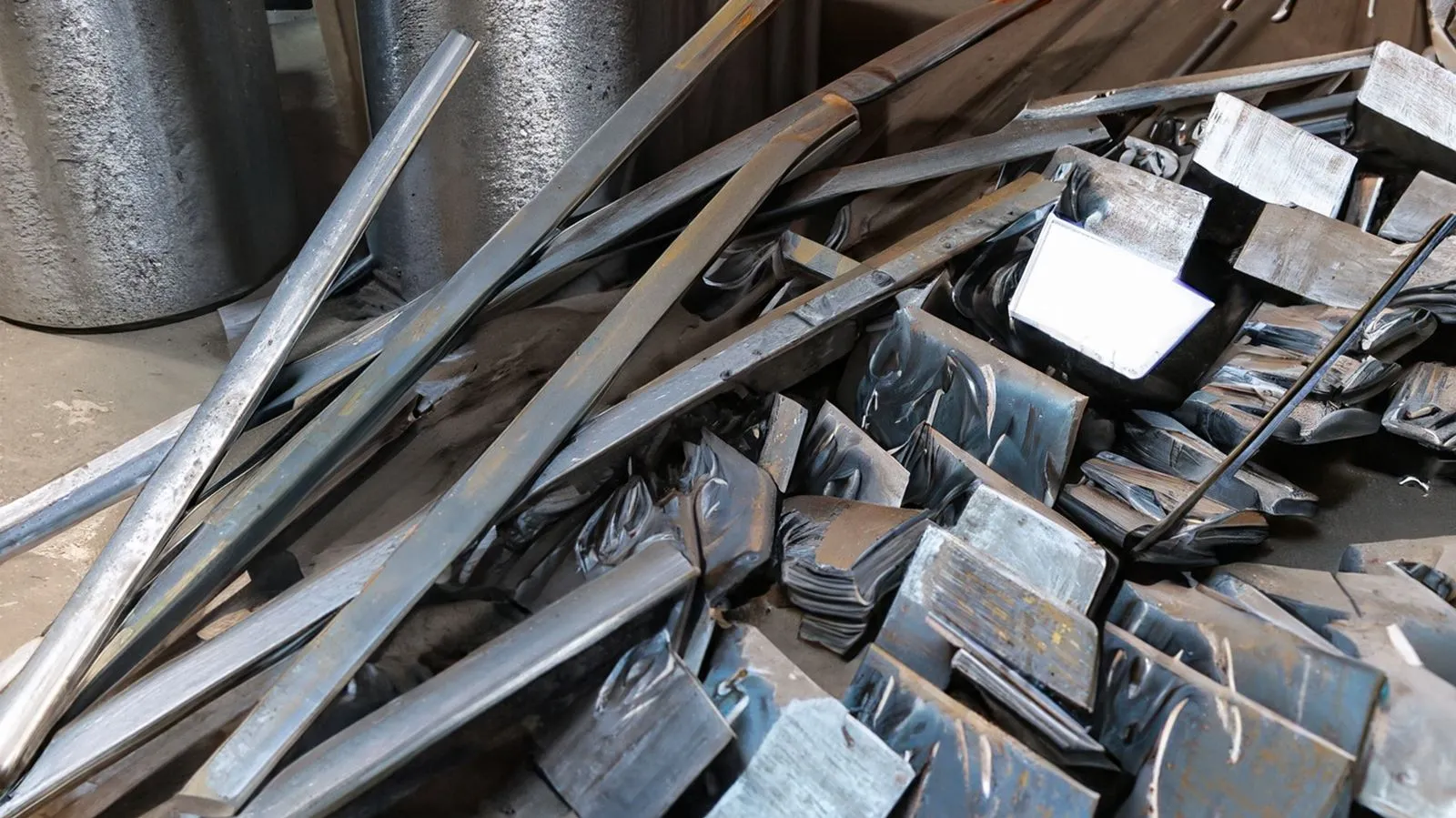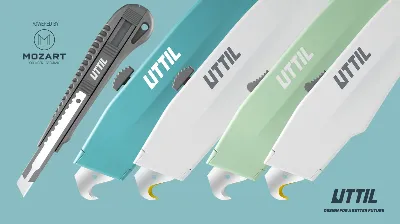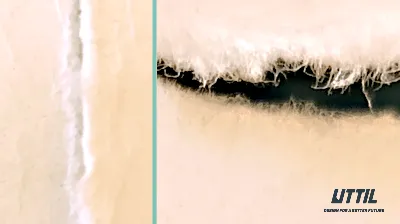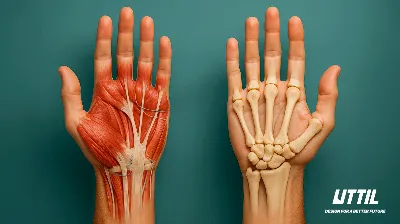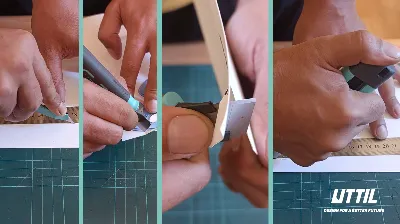Which Blade Steel Is Good For My Utility Knife?
There are
several different types of steel that are commonly used for utility knife
blades. Each type of steel has its own unique properties, which can affect the
performance and durability of the blade. Here are some of the most common types
of steel used for utility knife blades, along with their main differences:
High Carbon Steel
High-carbon
steel is a type of steel that contains a high percentage of carbon, typically
between 0.6% and 1.4%. This high carbon content gives the steel excellent
hardness and edge retention, making it a popular choice for utility knife
blades. However, high-carbon steel is also more prone to rust and corrosion, so
it requires more maintenance than other types of steel.
Stainless Steel
Stainless
steel is a type of steel that contains at least 10.5% chromium, which helps to
prevent rust and corrosion. Stainless steel is a popular choice for utility
knife blades because it is durable, resistant to staining, and easy to
maintain. However, it is also softer than high-carbon steel, which can affect
its edge retention.
Damascus Steel
Damascus
steel is a type of steel that is made by folding and layering multiple types of
steel together to create a unique pattern. The process of making Damascus steel
results in a strong and flexible blade with excellent edge retention. Damascus
steel is a popular choice for high-end kitchen knives due to its unique
appearance and excellent performance. Damascus steel replaceable blades are not
produced due to their cost.
Powder Steel
Powder
steel is a type of steel that is made by mixing small particles of steel
together and then heating and pressing them into a solid blade. Powder steel
blades are incredibly strong and durable, with excellent edge retention. They
are also resistant to rust and corrosion. However, powdered steel blades are expensive
due to the special manufacturing process and are not used in replaceable
blades.
Ceramic
Ceramics is
a non-metallic material that is sometimes used for utility knife blades.
Ceramic blades are incredibly hard and sharp, and they are resistant to rust
and corrosion. However, they are also brittle and can chip or break if they are
subjected to excessive force.
In conclusion, several different types of steel are commonly used for utility knife blades, each with unique properties. High carbon steel is hard and has excellent edge retention but requires more maintenance. Stainless steel is durable and easy to maintain but is softer than high-carbon steel. Damascus steel is strong and flexible, with a unique appearance. Ceramic blades are incredibly hard and sharp but are also brittle. Powder steel blades are incredibly strong and durable but can be expensive. When choosing a utility knife, it's important to consider the type of steel used in the blade to ensure that it meets your needs and requirements. The knives offered with Uttil are extremely sharp knives obtained from steels that will give the best results.

